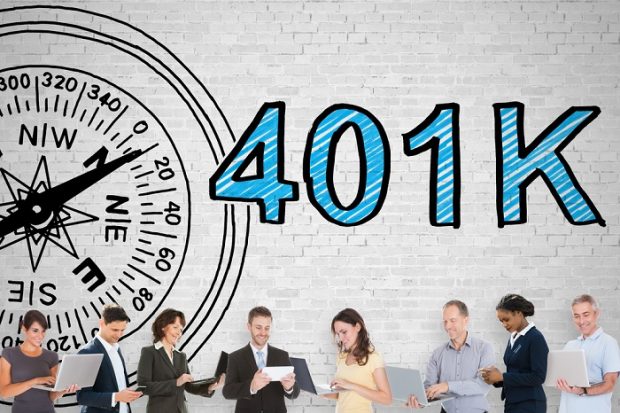 (Photo: Shutterstock)
(Photo: Shutterstock)
The current economic climate has forced many workers to reconsider their financial habits on the fly. Some may be inspired to put a few more dollars to the side every paycheck for a rainy day, while others are simply educating themselves further on the benefits packages that their employers offer. While workers grasp for balance in this financially unstable environment, greater importance has been placed on financial knowhow and the ability to accumulate retirement savings.
Clever, a research group, recently surveyed 1,000 Americans to gain insight on their knowledge of personal finance and retirement savings. The research compared the financial opinions and habits between and across generations. While inter-generational differences may seem small, many spending and saving habits change as time goes on with increased financial knowledge, more experiences with money, and new and furthered technology and regulations regarding finances.
Recommended For You
Across generations, Americans generally agree about some particular areas of personal finance–
- 85% say investing in a 401(k) or individual retirement account (IRA) is the easiest way to save for retirement
- 80% agree that consistent, long-term investing for retirement is preferable to trying to time the market
- 46% of boomers consider themselves more financially knowledgeable than Gen Z
Related: Across the generations, who is most (least) prepared for retirement?
When it comes to knowledge about 401(k)s, the stats reveal varying levels of understanding across different generations: Just 60% of Gen Z knows what a 401(k) is, whereas 72% of millennials, 82% of Gen X, and 95% of boomers do.
A lack of financial knowledge for the newer workforces can be concerning for employers, but nonetheless creates opportunity to properly prepare them for the ever-changing economy.
"For employers, this serves as a clear call to action to prioritize educating their employees about retirement options and opportunities," said Sam Huisache, a data writer for Clever.
"Employers should consider bringing in financial advisors to speak with staff and help them grasp the nuances of retirement plans and make informed decisions. These expert-led discussions could empower employees to navigate their retirement options, including 401(k)s, to more effectively secure their financial futures."
© Touchpoint Markets, All Rights Reserved. Request academic re-use from www.copyright.com. All other uses, submit a request to [email protected]. For more inforrmation visit Asset & Logo Licensing.






